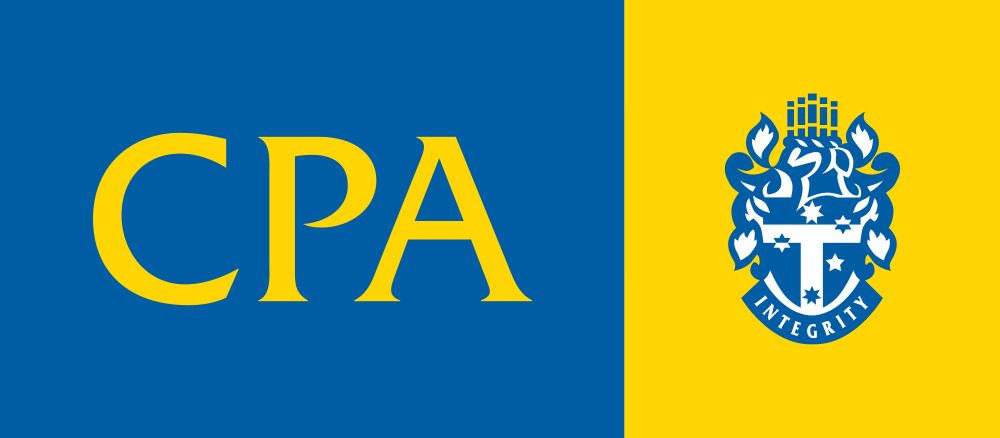Succession planning for farmers
Historically farms and farming businesses have been passed down from one generation to the next, seemingly with little input from third parties or advisors. Still to this day many farming families choose to keep this process internal and see little need for assistance. So why are farm owners and their families increasingly choosing to get an external third party to help plan for succession and mediate the process?
- The value at stake is much higher than it was many years ago. According to the Australian Farmland Values 2021 edition prepared by Rural Bank, the median price per hectare of Australian farmland increased by 12.9% in 2020. This was the seventh consecutive year of growth and resulted in a 20 year compound annual growth rate of 7.6%. With more value at stake farming families are seeking professional advice to guide them through the succession process and reduce the risk of contested wills and estates.
- Farmers are typically asset rich and cash poor. If farmers are looking to transfer farming land to family members upon retirement, there is a lot of planning involved in this process. The asset value can be large, there can be many children involved, and determining who gets what with little cash available can be difficult. The level of difficulty increases if one child has been involved in the farm over many years, often hasn't been compensated accordingly but is expecting adequate compensation when it comes to dividing up assets.
- Family members are more educated than they were many years ago, with many educated children returning to the farm after seeking to increase their farming knowledge and skill set. With an increased level of education, and generational differences, comes an increased tendency for the younger generation to question ways of the past and query long term plans. This can make the succession process arduous at times and it can become difficult to work around the different thought processes for those involved. Having a third party involved in these discussions can help bridge the generational gaps.
- An increased desire to grow and protect the family wealth. As the cost of living increases and the cost of housing skyrockets, it is more important than ever to make your assets earn you the highest return possible, including your family farm. An effective succession planning process will ensure that you are working towards goals over many years to help you achieve your growth targets
Advisors and accountants often become involved in succession planning for their clients and the part that they play can be quite varied, depending on what level of help the farming family needs. Possible ways that your advisor or accountant can guide you through succession planning include:
- Documented succession plans are essential, so that all parties are fully informed of planned ownership structures, legal considerations, succession timetable, roles and responsibilities, retirement values, details of any foreseen sales/buyouts, taxation consequences and importantly, the transition of farm management roles and decision making responsibilities. Some farmers may know these details and may just need help documenting them. Others may also need assistance in getting this information together and the associated decision process.
- Family board meetings are gaining popularity and an outside party is typically involved in these, such as an advisor or accountant. They involve the next generation in the decision making process before control is transferred and allow the older generation (current owners) to stay involved as the property and business transition takes place. These meetings are agenda based, and typically involve setting goals and then actions, roles and responsibilities to achieve the end goals.
- Asset structuring for tax purposes and the effective use of superannuation funds are critical when determining how to maximise returns from your business. An accountant should be well equipped to provide you with this advice.
- Some farmers just want to know if they can afford to do what they have planned, whether that be asset transfers at some point in time, downsizing and selling off assets, or changing their operations to better suit their ageing bodies. They often also want to ensure they are making sound business decisions now so that come retirement age they have created as much wealth as possible. An advisor or accountant should be able to provide detailed financial forecasting and scenario analysis to provide farmers reassurance that they are making well informed financial decisions.
If you are looking for help in any aspect of your farm succession process please contact us at Smith Thornton on 9842 5510.




